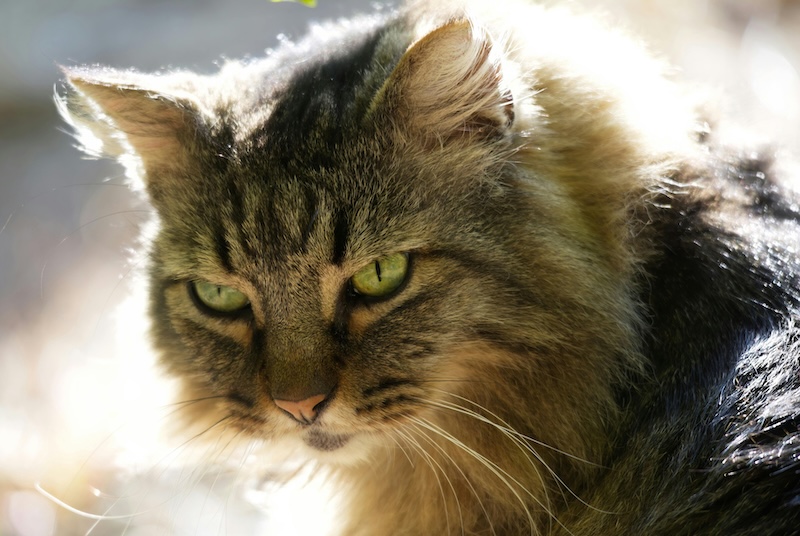
Image by Danniel Corbit on Pexels.
A few days ago, a very nice, well-meaning neighbor said to me, “You’re retired, aren’t you?”
I was furious. I hate when people make assumptions about me.
I explained—rather indignantly—that I still maintain two websites, serve clients, sell products, host a podcast, and, mostly, write books.
No, I don’t work 40 hours a week. Not even close. But I do work.
She smiled warmly and said, “How nice for you!”
She was entirely sincere. Her tone was congratulatory, as though she were responding to a 10-year-old who said, “I want to be an astronaut,” or, “I got an A on my test.” In other words: how cute.
She didn’t mean to offend. But she would never have spoken to a younger female professional that way.
Some people reading this will likely suggest that I “lighten up.”
I’ve heard it before. When I write about microaggressions and casual insults, people tell me to laugh them off. “Can’t you take a joke?” they say. Or, “They were just trying to help.”
I have no intention of lightening up.
First, I don’t want to be treated as an “old person.” I am a professional. A writer. A former academic. Highly educated. A WNBA fan. A person who can kill a room with stand-up comedy. Those qualities matter far more than my age.
I often cite a New York Times opinion piece by Jacqueline Woodson. When she was introduced at the National Book Awards, the presenter made a watermelon joke. He reduced her to a racial stereotype.
Woodson’s anger was validated when The Times gave her a platform to respond. No one told her she was too sensitive or humorless.
In her memoir Old in Art School, historian Nell Painter makes a similar point. When she entered art school at 64, she was constantly asked her age. Her distinguished career as a professor and historian was erased by one visible trait: she was older.
Second, unwanted help can be a form of aggression.
When someone asks, “Can I help you with that?” they may genuinely believe I need assistance. If I’ve just fallen to the ground, then yes—help is welcome. But if I’m standing at a bus stop or looking at my iPhone on a street corner, I’m clearly not in distress.
I’ve had people grab my arm as I stepped off a bus, snatch my suitcase uninvited, even take my phone and say, “You probably need help with that.” One woman explained that her mother is old and always needs help. Therefore, I must, too.
That’s not help. That’s a performance—an act meant to make the other person feel good about themselves.
And finally, let’s talk about “sweetheart.”
Almost everyone agrees that calling an older person “sweetheart” or “dear” can be incredibly patronizing. Would you address your doctor, lawyer, or accountant that way—especially if you didn’t know them personally? How about any stranger on the street?
It’s true that in certain places and subcultures, everyone is “honey.” Joan Rivers once said, “Donald, honey…” on Celebrity Apprentice. In South Philly, people will say, “Fuck you, honey,” and think nothing of it. But those are exceptions.
Why give someone permission to be ageist?
People expect “older people” to be kind and sweet. They’re shocked when I’m not chirpy-cheery like Miss Congeniality at a pageant. But I’m not here to make people comfortable.
Being nice in response to an insult—however mild—only invites more of the same. It escalates.
As Kacey Musgraves sings, “I ain’t pageant material.” I’m not Miss Congeniality, and I never will be. And I absolutely, positively refuse to lighten up.


